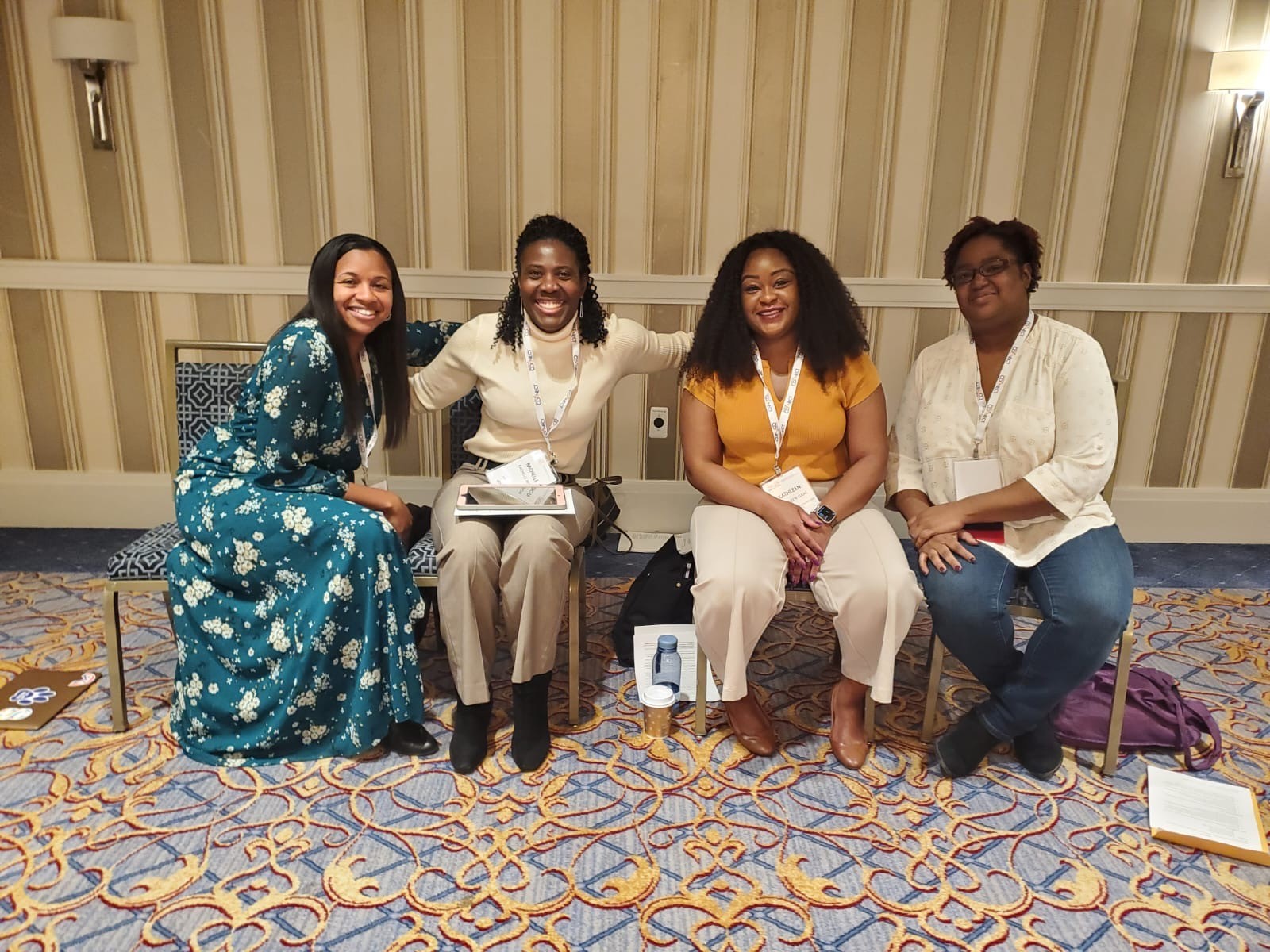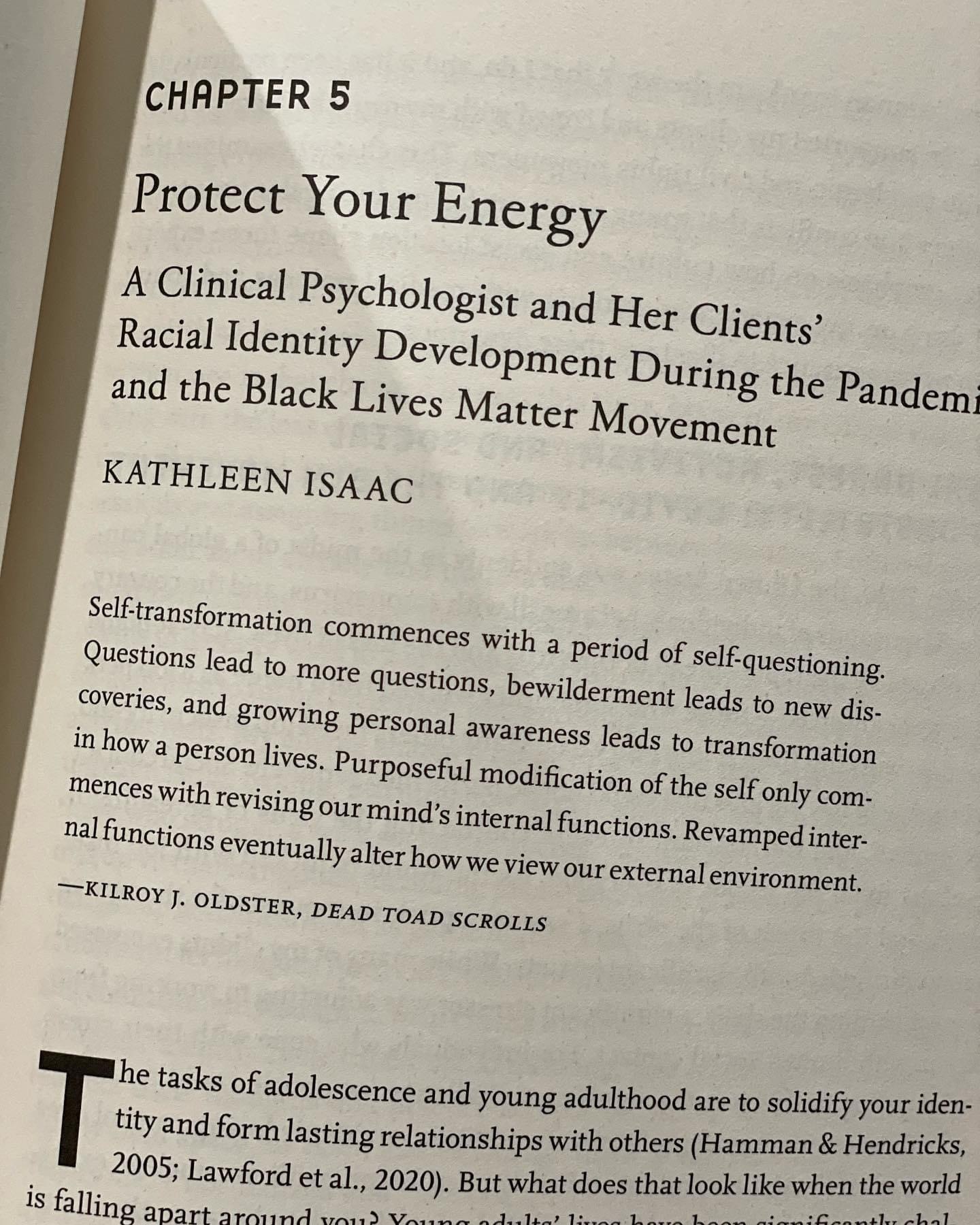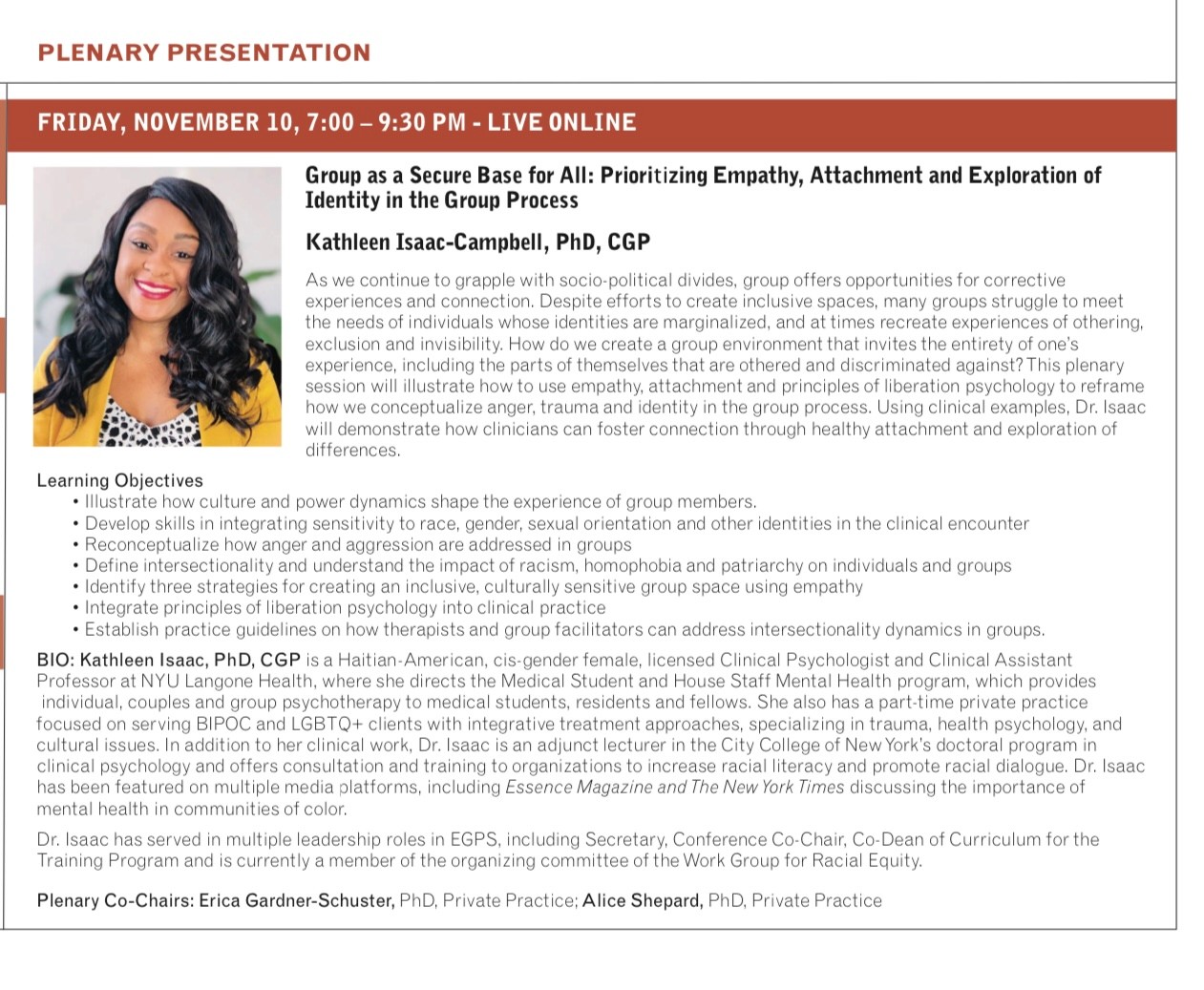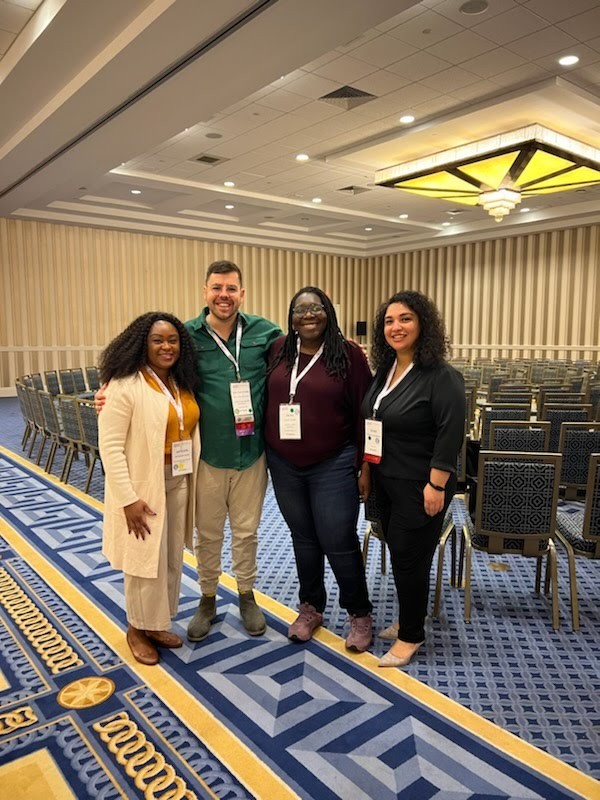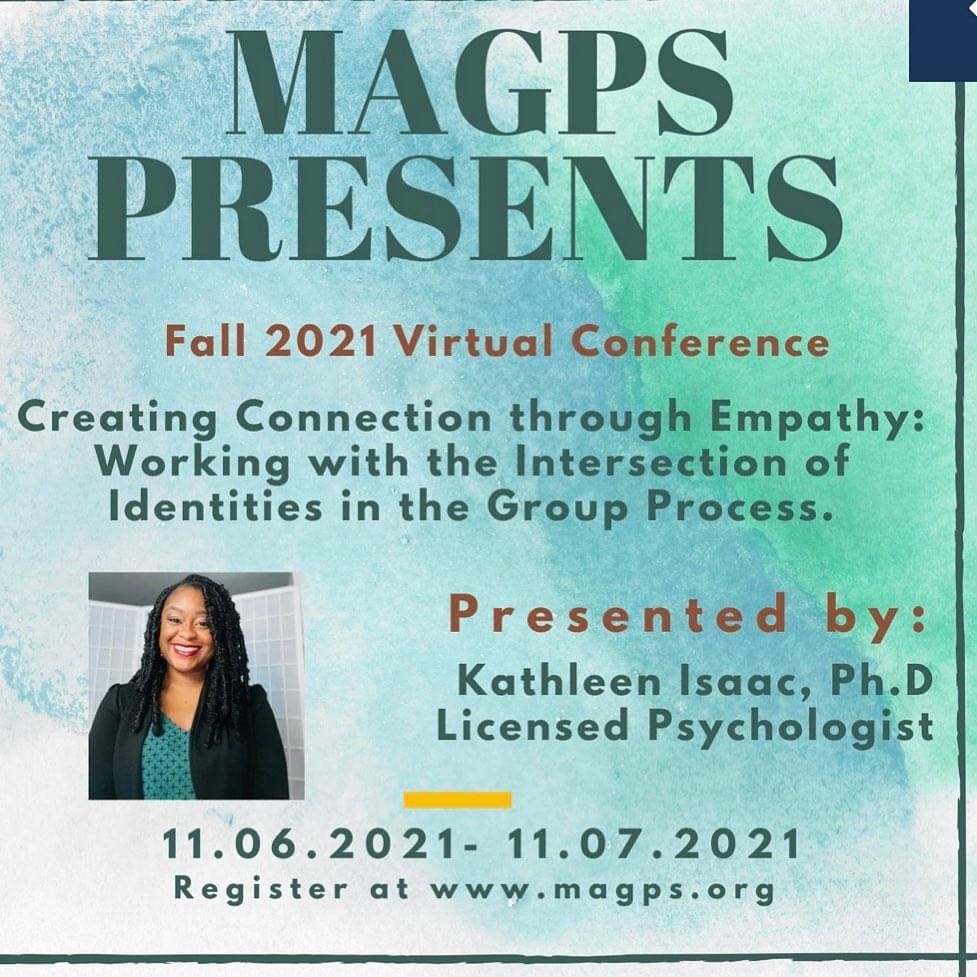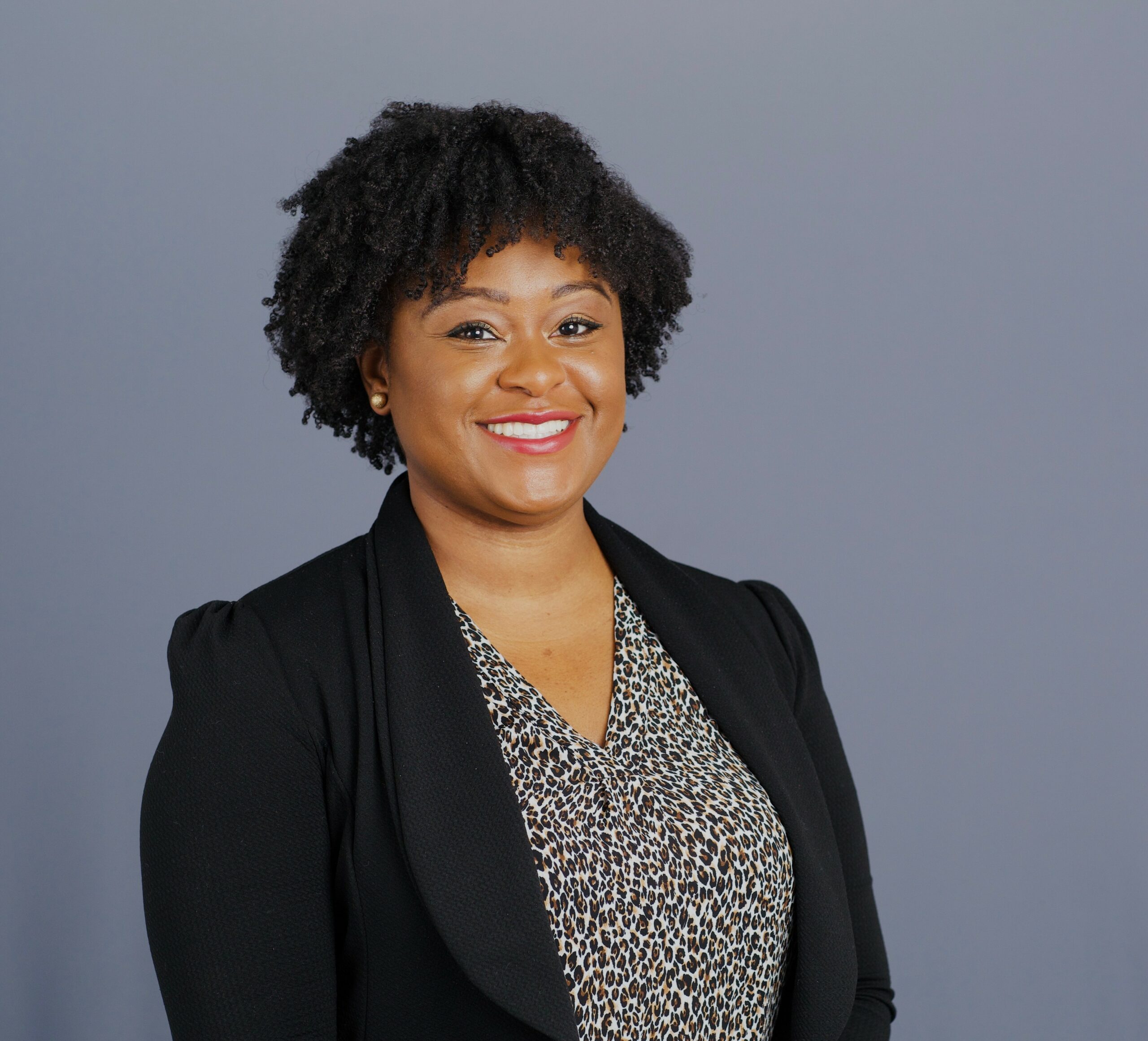We recently connected with Kathleen Isaac and have shared our conversation below.
Kathleen, first a big thank you for taking the time to share your thoughts and insights with us today. I’m sure many of our readers will benefit from your wisdom, and one of the areas where we think your insight might be most helpful is related to imposter syndrome. Imposter syndrome is holding so many people back from reaching their true and highest potential and so we’d love to hear about your journey and how you overcame imposter syndrome.
I have always been a quiet, shy, introvert. Growing up, my teachers would constantly give feedback that I should speak up more and this created internal pressure to use my voice, which ultimately kept me more silent. Interestingly, I was still identified as a leader and people seemed to listen when I did speak up. This created an interesting dilemma for me, as I was aware that people admired me and wanted to hear what I had to say, but I felt uncomfortable being in the spotlight and would shy away from standing out. I often stood out because I was one of the few people of color in the spaces I occupied. Being hyper-visible as one of the few who looked like me while also feeling invisible for the same reasons resulted in me feeling like an imposter. My skills and talents landed me in competitive academic environments but I always felt like I didn’t have much to say or offer. I have continued to struggle with social anxiety and this has been compounded by imposter syndrome. Through my work with young adults in competitive academic environments, I have come to appreciate that sometimes imposter syndrome is induced in me by virtue of being in certain environments where I feel isolated and othered. I have also learned to challenge self-criticism and internalize good feedback that I have received from others. Telling myself that I belong and rejecting anything or anyone that makes me feel otherwise helps me reinforce my self-worth and actively resist imposter phenomenon. I also surround myself with people who affirm me and strive to be an affirming supportive person for others, helping them to challenge imposter syndrome and advocate for change in environments that foster those feelings
Thanks, so before we move on maybe you can share a bit more about yourself?
My life experiences inspired me to pursue a career as a psychologist. I lost both of my parents to Cancer by the time I was 10 years old. My siblings and I were raised by my uncle and as I watched how we each navigated those early traumatic events and dealt with challenging familial and cultural dynamics, I was fascinated by what helps us cope with life’s tragedies and how they shape the people we become. This became my core research question as I applied to graduate programs and I identified working with Cancer patients and their families as my passion: It represented a way to use my early experience to help others as well as honor the legacy of my parents. As fate would have it, my first job after completing my training had nothing to do with Cancer. As I reach my 5th year as a psychologist for medical trainees and physicians, I realize that being flexible and open to where life takes me has opened doors for me to continue to define my purpose. I don’t have just one, and I have pursued many different paths that are interconnected in many ways. Through my work in a medical school, I honed in on my desire to work with the most marginalized people. Contending with power dynamics and the experiences of underrepresented individuals has empowered me to provide safe spaces for BIPOC and LGBTQ+ individuals. I have developed skills in facilitating dialogue about racial dynamics, challenging people to work past biases and join together for collective liberation. I combine my interests in health, eradicating racism, sociocultural dynamics, trauma and social justice to embody bold, honesty in all in that I do. As I continue to shift and evolve, my purpose is focused on living an authentic, liberated life and helping others get there too. I currently have openings in a weekly process group that I lead for Black women and hope to establish more group offerings in the near future. I’m still working on my website but for now, I can be found on Psychology Today.
If you had to pick three qualities that are most important to develop, which three would you say matter most?
My spirituality, willingness to seek mentorship and compassion for others have been the most impactful qualities in my personal and professional life. I believe strongly that putting good out into the world by being kind and considerate of whoever I meet, has led to good outcomes for myself and my loved ones. I received my first two jobs out of college after cold-emailing multiple people and sharing my willingness to volunteer my time to learn from someone in the field. Those first bosses became mentors and my vulnerability and openness allowed them to support me in many ways. Being intentional about living a life that aligned with my spiritual beliefs and values meant that I maintained my integrity and did not compromise in order to achieve success. For those who are early in their journey, I recommend self-exploration to identify what your core values and goals are. Once you are grounded in those truths, they will serve as a guide for your personal and professional interests. At the same time, being flexible and open to things that might not be part of your original plan can also be a good thing. Ultimately, the clarity you have about yourself will help you discern what the right decisions are for you.
All the wisdom you’ve shared today is sincerely appreciated. Before we go, can you tell us about the main challenge you are currently facing?
The number one challenge that I am facing has been present for me my entire life: I am constantly juggling multiple things due to my difficulty with saying no good opportunities. I have been fortunate to be offered various leadership and career opportunities and I used to take on everything because I thought it would be good to acquire as many experiences as possible. This led to feelings of resentment and burnout and feeling less inspired by the things I was doing. Recently, I have been prioritizing rest and alignment rather than just doing things because I can or because I feel pressure to advance my career. It hasn’t been easy to set those boundaries, but I believe it is positioning me to continue to craft a life that feels authentic and balanced, as well as one where I am clear on why I’m doing what I’m doing. I am actively working to resist grind culture and comparing myself to others and instead focus on supporting my needs and taking care of myself.
Contact Info:
